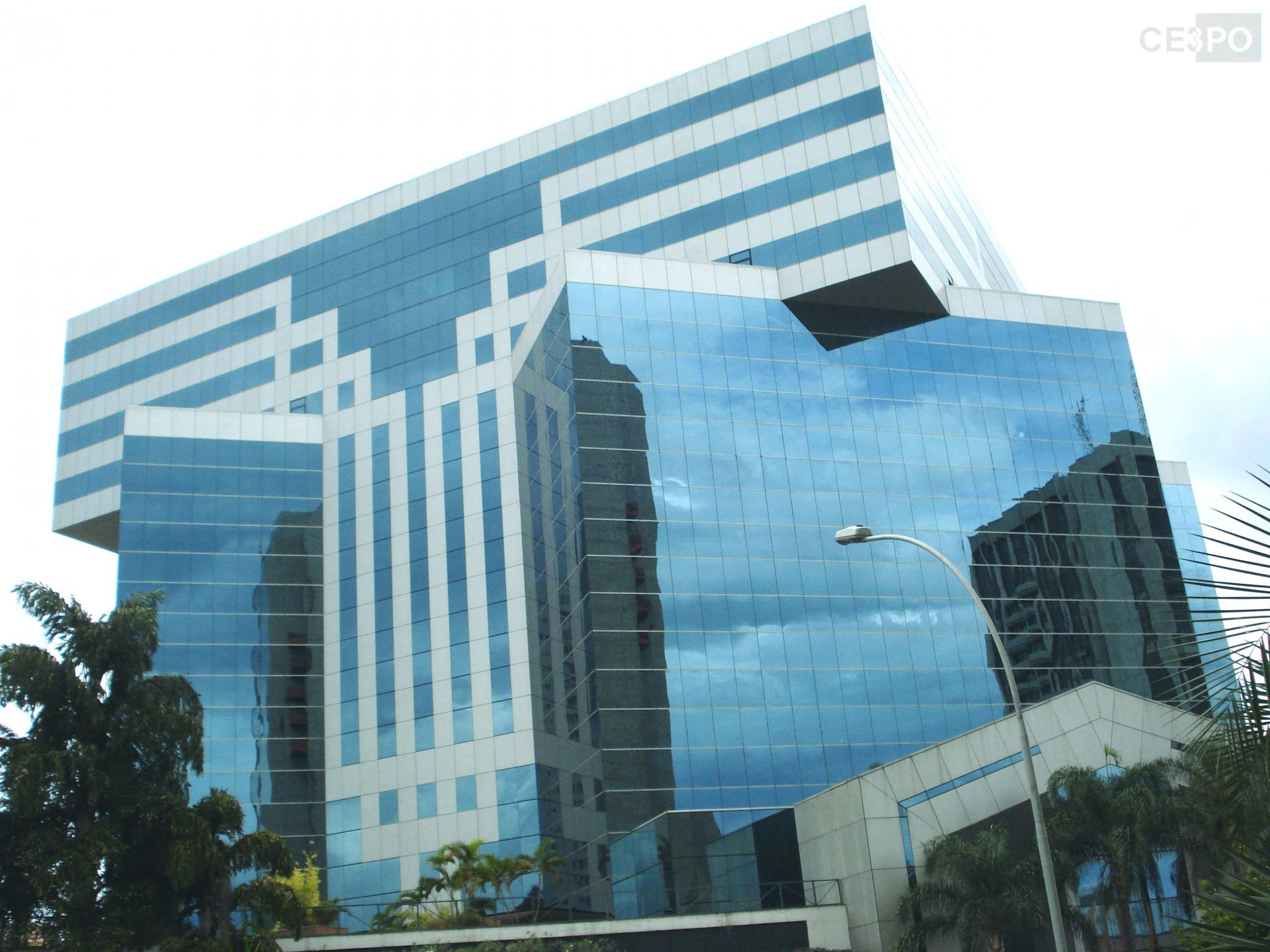Business has a significant impact on human rights – for better and for worse. Strong and enforceable laws and regulations are essential to keep businesses in line, but businesses have a duty to respect rights and can also proactively follow human rights guidelines and ensure they have robust systems to ensure access to remedy for disputes or violations.
The relationship between human rights and business is deep. Businesses and corporations can impact everyone from workers, customers, suppliers and the communities in which they operate or their products and services are used.
There is a growing understanding that all businesses must operate responsibly and sustainably. This inherently requires respecting human rights.
In 2011, the UN Human Rights Council unanimously agreed on the UN Guiding Principles on Business and Human Rights which set the global standards for preventing and addressing human rights violations associated with business activity.
Three key principles that the guidelines outline are:
- States have a duty to protect human rights
- Businesses have a responsibility to always respect human rights
- Victims always have access to remedy, that is robust complaints mechanisms are in place
This is why the phrase ‘protect, respect, the remedy is often used in discussions about business and human rights law.
Business and human rights are compatible and businesses can play a role in actively advancing human rights within their own operations – from the workplace rights and conditions it provides its workforce to using its influence to ensure supply-chains are free from any form of exploitation. UN business and human rights discussions are increasingly concerned about the human rights impacts of climate change and the need for businesses to help transition the economy away from polluting fossil fuels and other practices that damage the environment we all share and rely on.
As well as businesses and corporations, there are other “non-State actors” – entities that aren’t affiliated, funded or directed by governments – that can have a significant impact on whether or not people’s human rights and freedoms are fulfilled or violated. These can range from everything from armed militias to media organisations or figures, and charities and advocacy organisations to people’s movements and associations.
Whatever position in society we find ourselves in, we can always take a human rights-based approach to our decisions. Essentially, this means considering if and how our decisions will impact someone’s freedom, does it treat them with respect and ensure they maintain their dignity, and will it advance equality?
So if you want to do business human rights style, an easy way to remember this is ‘FRED’ – freedom, respect, equality and dignity.

